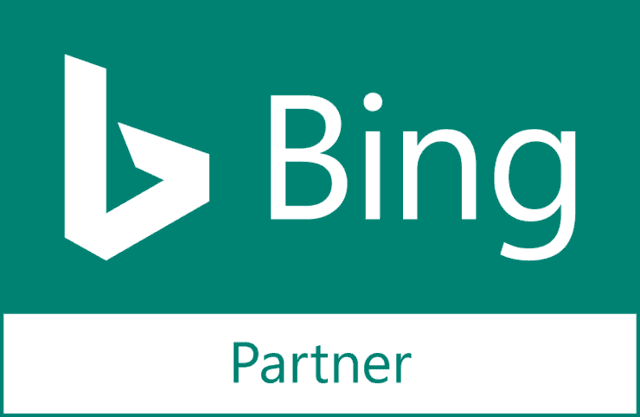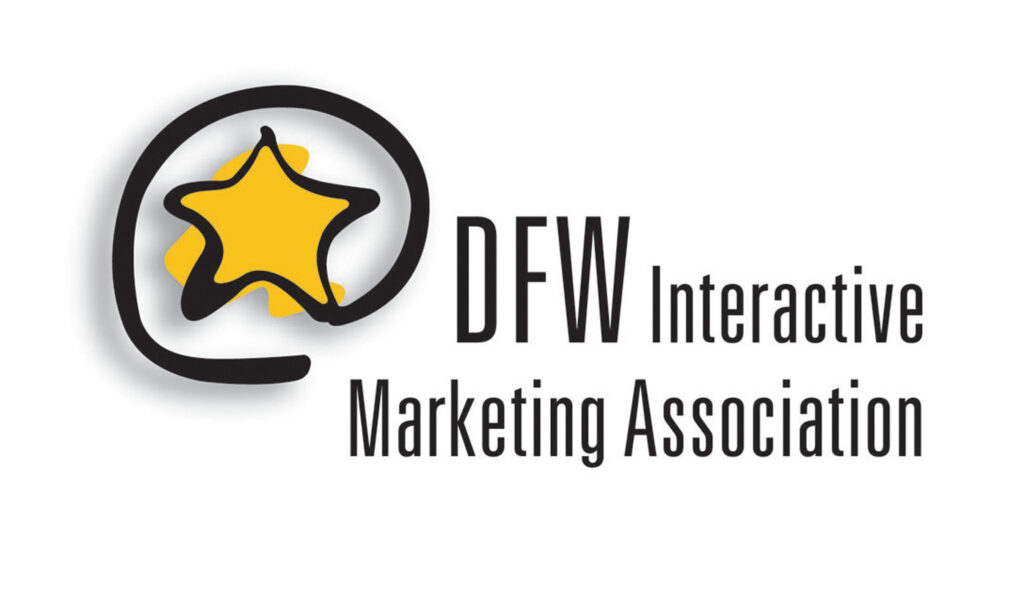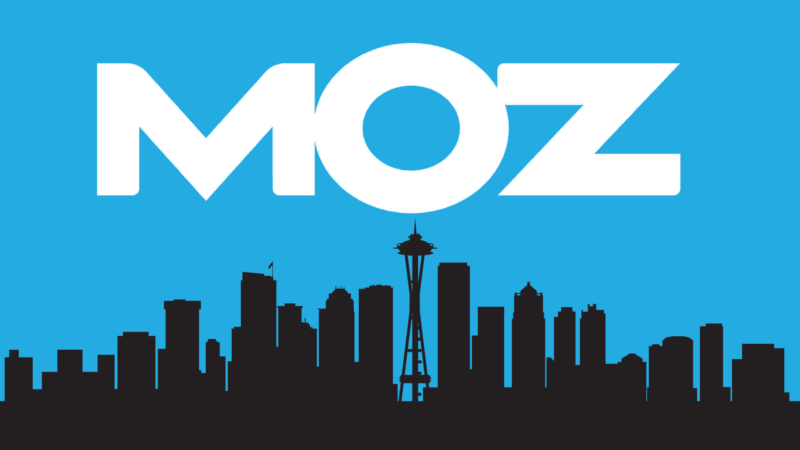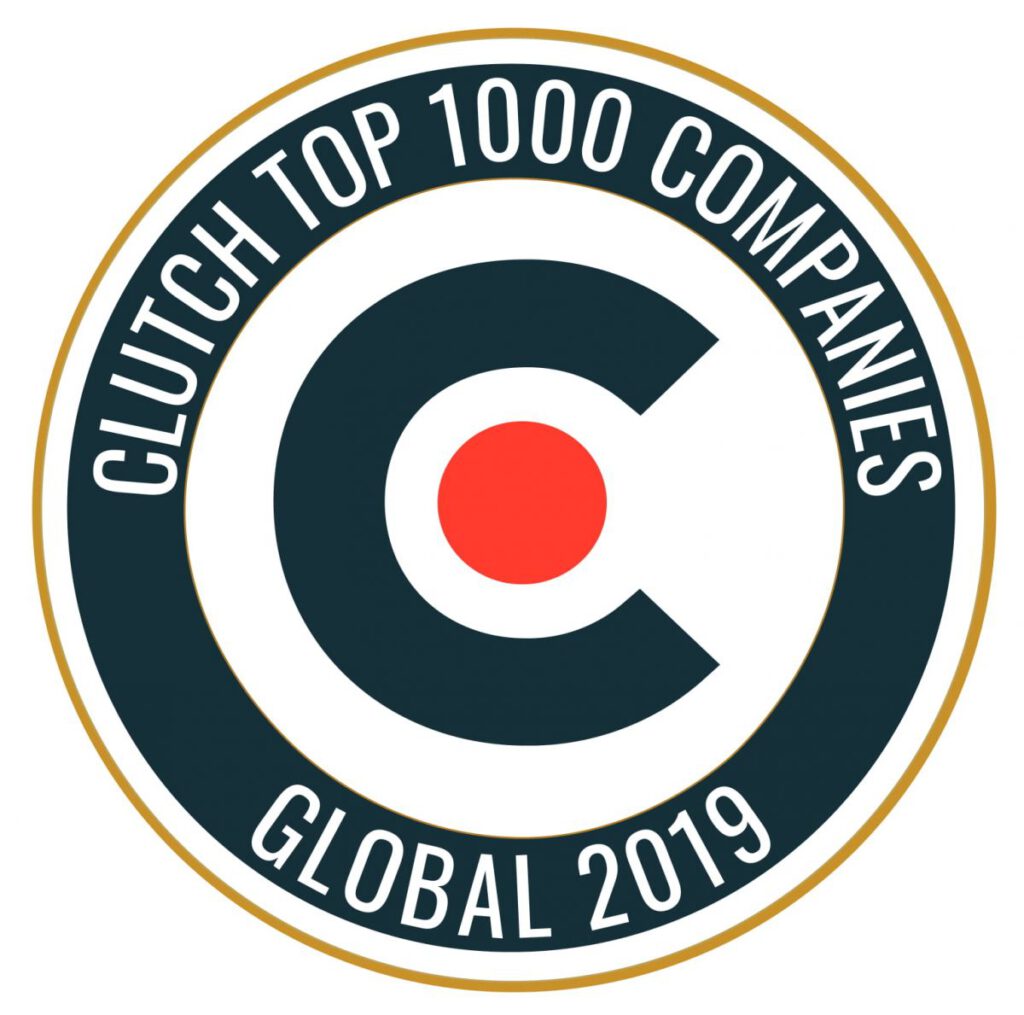
Based on measurements and observations, there was an update to Google’s algorithms starting on Friday, September 25th, into Saturday, September 26th. Google does updates regularly, but not many are as apparent as this one was. Because Google updates all the time, it’s essential to build websites to conform to established best practices to maintain and increase traffic from organic search over the long run … and this is how we do it at WrightIMC.
Google announced that they are moving away from a last-touch attribution model in favor of a data-driven attribution (DDA) for Google Ads conversions as the default. Previously, DDA was only available to advertisers meeting a high conversion threshold. Speculation in the paid search community is that Google has enough data to create models that will work for advertisers with lower conversion numbers. According to WrightIMC’s Director of Paid Search, David Semprun, Google needed to move away from a cookie-centered conversion model to DDA for privacy reasons. According to David, it also means that switching to DDA means that “… we’re basically trusting Google’s black box.” Switching certainly makes sense, even for smaller advertisers. It’s also essential, however, to monitor your data and confirm that it continues to make sense.
Search Engine Journal reported the possibility of a deal in the works between Google and social companies Facebook and TikTok parent company, ByteDance, for Google to download public data from Instagram and TikTok for inclusion in Google search results. If the deals work out, they would be very similar to the one Google has with Twitter. Because Google has access to the Twitter “firehose” of data, it’s quite common to see tweets in search results. This deal is something worth watching.
Google issues new guidelines for e-commerce SEO. It’s no secret that COVID changed consumer behavior to be even more online. As mentioned above, Google constantly updates its algorithms in response to the needs of its users. That makes it critical for all brands selling products and services online and the agencies supporting them to stay on top of product-related searches.





